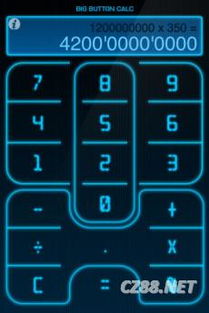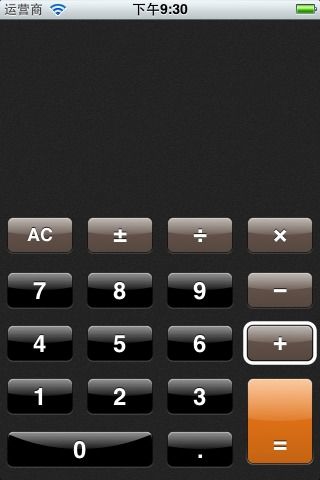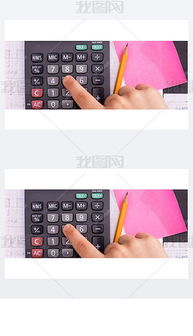CFT to Ton Calculator: A Comprehensive Guide
Are you looking to convert cubic feet (CFT) to tons? Whether you’re dealing with construction materials, shipping, or any other industry where volume and weight are crucial, a CFT to ton calculator can be an invaluable tool. In this detailed guide, we’ll explore the ins and outs of this conversion, including the factors that affect it, the different types of ton measurements, and how to use a CFT to ton calculator effectively.
Understanding the Conversion

Before diving into the specifics of the conversion, it’s important to understand what you’re dealing with. A cubic foot (CFT) is a unit of volume, while a ton is a unit of weight. The conversion between the two depends on the density of the material you’re measuring. Here’s a basic formula to get you started:
| Volume (CFT) | Density (lb/ft鲁) | Weight (tons) |
|---|---|---|
| 1 | 200 | 0.1 |
| 2 | 200 | 0.2 |
| 3 | 200 | 0.3 |
In this example, the density is 200 pounds per cubic foot. To convert 1 CFT to tons, you would multiply the volume by the density and then divide by 2,000 (the number of pounds in a ton). Keep in mind that this is just a general example, and the actual conversion will vary depending on the material’s density.
Types of Tons

There are several types of tons, each with its own specific use and conversion factors. Here are the most common types:
- Short Ton: Also known as a net ton, it is equal to 2,000 pounds. This is the most common type of ton used in the United States.
- Long Ton: Used primarily in the United Kingdom and some other countries, it is equal to 2,240 pounds.
- Metric Ton: Also known as a tonne, it is equal to 1,000 kilograms or 2,204.62 pounds.
When using a CFT to ton calculator, it’s important to know which type of ton you’re dealing with, as the conversion factor will vary.
Factors Affecting the Conversion

Several factors can affect the conversion between CFT and tons, including:
- Density: As mentioned earlier, the density of the material is a crucial factor in the conversion. Different materials have different densities, so it’s important to know the specific density of the material you’re measuring.
- Unit of Measurement: As we’ve discussed, there are different types of tons, each with its own conversion factor. Make sure you’re using the correct unit of measurement for your specific application.
- Accuracy: When using a CFT to ton calculator, it’s important to ensure that the calculations are as accurate as possible. This may involve using a high-quality calculator or consulting with an expert in the field.
Using a CFT to Ton Calculator
Now that you understand the basics of the conversion and the factors that affect it, let’s take a look at how to use a CFT to ton calculator effectively:
- Identify the Material: Determine the material you’re measuring and find its density. You can find this information in a material density chart or by consulting with an expert.
- Choose the Correct Unit of Measurement: Make sure you’re using the correct type of ton for your application.
- Enter the Volume: Input the volume in cubic feet into the calculator.
- Calculate the Weight: The calculator will automatically convert the volume to weight in tons, based on the material’s density and the chosen unit of measurement.
- Review the Results: Double-check the results to ensure they are




